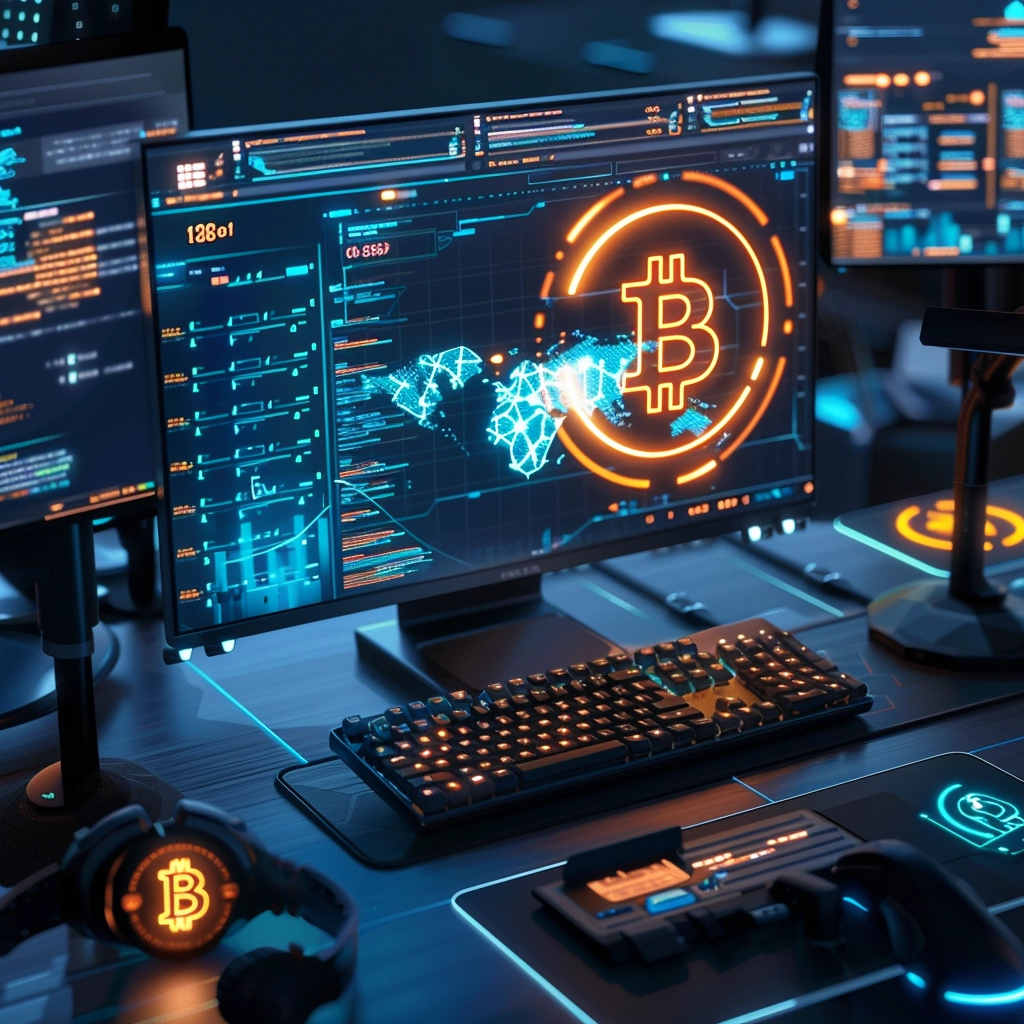The integration of Non-Fungible Tokens (NFTs) into the gaming industry has opened up new possibilities for players and developers alike, transforming virtual assets into tradable goods. In this article, we explore the role of NFTs in gaming, the evolution of in-game assets, opportunities for players and developers, challenges, and considerations, as well as the future of NFTs in gaming.
Introduction to NFTs in Gaming
NFTs represent unique digital assets that are stored on a blockchain, providing players with true ownership and control over their in-game items. By leveraging blockchain technology, NFTs are revolutionizing the gaming industry, enabling players to buy, sell, and trade virtual assets like never before.
Understanding the Role of NFTs in the Gaming Industry
What are NFTs?
NFTs are cryptographic tokens that represent ownership of a particular piece of digital content, such as in-game items, characters, or skins. Each NFT is unique and indivisible, providing players with a secure and immutable record of ownership on the blockchain.
How NFTs are transforming virtual assets
NFTs are transforming virtual assets by enabling players to truly own and control their in-game items. Unlike traditional gaming assets, which are often subject to restrictive terms and conditions, NFTs provide players with the freedom to buy, sell, and trade their virtual belongings with other players.
The Evolution of In-Game Assets
From virtual currencies to digital collectibles
In-game assets have evolved from simple virtual currencies to sophisticated digital collectibles with real-world value. NFTs allow players to collect rare and unique items, customize their gaming experience, and even earn real money through the sale of their virtual assets.
Enhancing player ownership and engagement
By tokenizing in-game assets as NFTs, developers can enhance player ownership and engagement, fostering a sense of pride and attachment to their virtual belongings. Players are more likely to invest time and money into games where they have a stake in the virtual economy.
Opportunities for Players and Developers
Monetization through NFTs
NFTs offer players and developers new opportunities for monetization, allowing them to earn revenue through the sale of virtual assets. Players can capitalize on their time and skills by selling rare items and characters, while developers can generate additional income through in-game marketplaces and royalties.
Player-driven economies and marketplaces
NFTs enable the creation of player-driven economies and marketplaces within games, where players can buy, sell, and trade virtual assets peer-to-peer. This decentralized approach empowers players and fosters a vibrant ecosystem of virtual goods and services.
Challenges and Considerations
Scalability and interoperability
Scalability and interoperability are key challenges facing the integration of NFTs into gaming ecosystems. Developers must ensure that their blockchain infrastructure can support the growing demand for NFT transactions and that NFTs can be seamlessly transferred between different games and platforms.
Regulatory concerns and player protection
Regulatory concerns and player protection are important considerations in the adoption of NFTs in gaming. Developers must comply with existing regulations regarding digital assets and implement safeguards to protect players from fraud, theft, and other malicious activities.
The Future of NFTs in Gaming
Innovations in blockchain technology
As blockchain technology continues to evolve, we can expect to see innovations that further enhance the role of NFTs in gaming. From cross-chain interoperability to decentralized marketplaces, blockchain has the potential to revolutionize the way players buy, sell, and trade virtual assets in games.
Potential impact on the gaming landscape
The integration of NFTs into gaming has the potential to reshape the gaming landscape, blurring the lines between virtual and real-world economies. As NFTs become more mainstream, we may see a shift towards player-driven economies and a greater emphasis on player ownership and engagement.
Conclusion: Embracing the Potential of NFTs for Gaming
In conclusion, NFTs represent a groundbreaking opportunity for players and developers to transform virtual assets into tradable goods within the gaming industry. By leveraging blockchain technology, NFTs empower players with true ownership and control over their in-game items, while providing developers with new opportunities for monetization and engagement. Embracing the potential of NFTs for gaming is essential for driving innovation and growth in the gaming industry.

